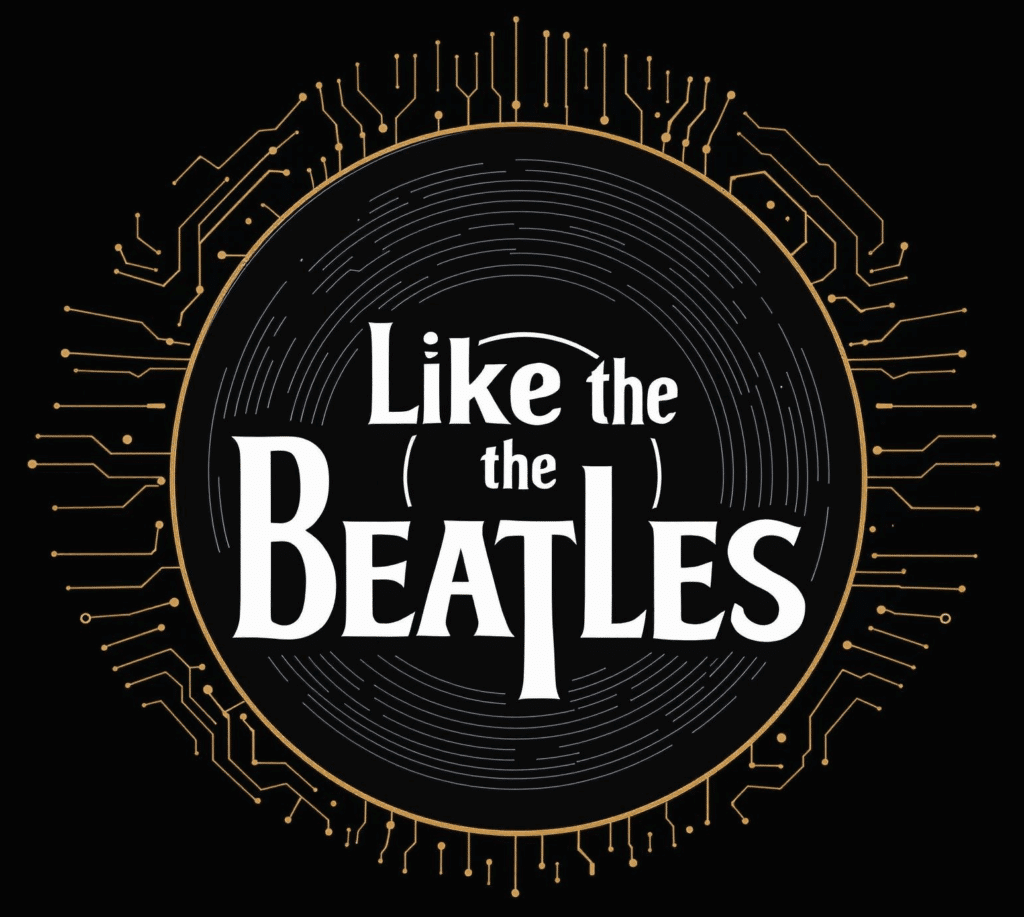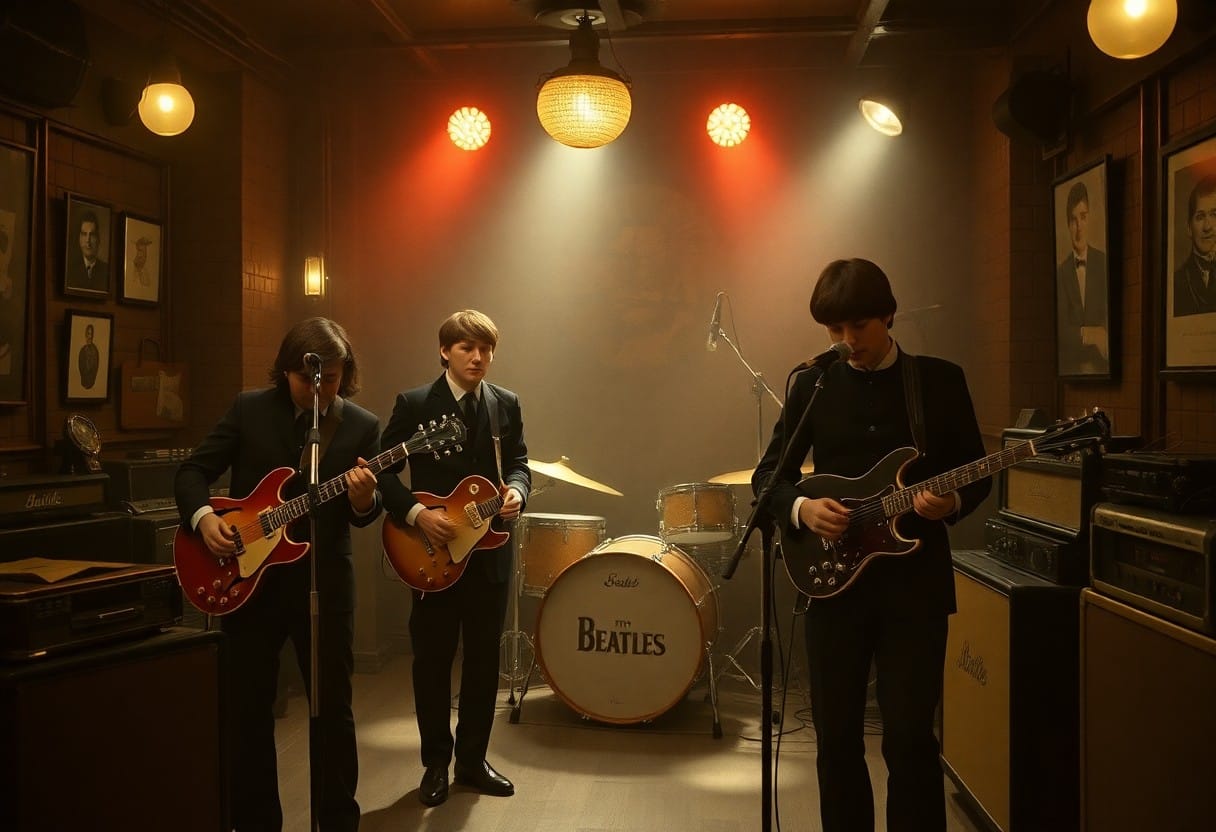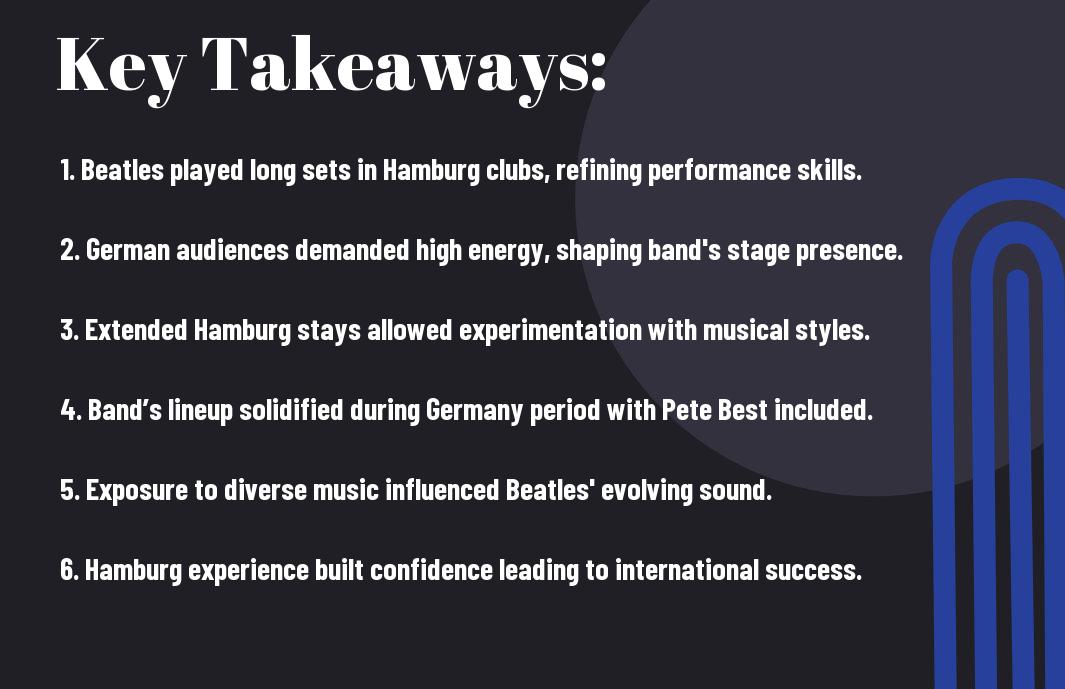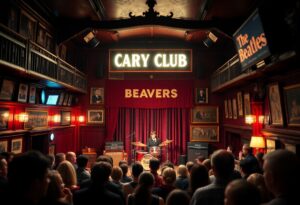With their journey from Liverpool to the vibrant music scene of Germany, I invite you to explore how The Beatles refined their sound and style. You’ll discover that their time in Hamburg was transformative, as they performed tirelessly in clubs, developing their unique blend of rock and roll and captivating audiences. This period not only shaped their musical identity but also solidified their camaraderie, ultimately paving the way for their meteoric rise to fame. Join me as we probe into the pivotal moments that forged the legendary band we all admire today.
The Early Years in Hamburg
Before the Beatles became the global icons we know today, they spent pivotal years in Hamburg, Germany, where they developed their sound in a vibrant and competitive music scene. In the clubs of this bustling port city, they played countless hours, honing their performance skills and navigating the complexities of live music. This formative experience was vital for their growth as musicians and set the stage for their future success.
The Birth of a Band
For the Beatles, Hamburg was more than just a backdrop; it was the birthplace of a band. During their early performances, they forged a unique sound that blended rock and roll with their distinct musical influences. The gritty environment and regular gigs pushed them to experiment creatively, allowing their individual talents to thrive within the band dynamic.
Gigs at the Star-Club
Among the many venues in Hamburg, the Star-Club became a significant stage for the Beatles.
Plus, playing at the Star-Club was not just another gig; it was a landmark moment for the Beatles. Here, they performed nightly for captivated audiences, often playing over eight hours a day. The energy was electric, and the club provided an opportunity to interact with fans and hone their stage presence. They faced challenges, including tough crowds and the pressures of frequent performances, but these experiences only fueled their ambition. The Star-Club became a breeding ground for their creativity, where they fused influences from rock, pop, and even skiffle, solidifying their unique sound that would soon captivate the world.
Musical Influences and Evolution
If you probe into the musical journey of The Beatles, you’ll find that their time in Germany played a pivotal role in shaping their sound. The exposure they had to the vibrant nightlife and rich musical culture instigated a remarkable evolution. Influenced by various artists and local bands, the Fab Four began experimenting with their style, which set the stage for their legendary career.
Rock ‘n’ Roll Roots
Influences from American rock and roll were foundational to The Beatles’ development. Artists like Chuck Berry and Little Richard left an indelible mark on their music. Their energetic rhythms and captivating melodies inspired the band, motivating them to incorporate these elements into their own songwriting.
Exposure to Diverse Genres
About this time, The Beatles encountered a variety of musical styles that broadened their artistic horizons. From the infectious beats of *jazz* to the emotional depth of *blues*, their exposure to different genres helped craft a unique sound.
A examine the Liverpool scene revealed that the vibrant mix of musicians they interacted with in Germany challenged them to push the boundaries of their own music. They absorbed elements of rockabilly, skiffle, and even traditional German folk music, combing these influences into their evolving sound. This rich tapestry of styles not only enhanced their creativity but also laid the groundwork for the diverse discography that would follow. Their ability to merge different genres would soon captivate audiences around the world, marking a significant turning point in their musical journey.
The Creative Process
To truly understand the Beatles’ evolution as artists, one must research into their creative process. Their time in Germany was a melting pot of influences, enabling them to refine their sound through relentless practice and experimentation. Bar performances pushed them to adapt their music to the audience’s response, ensuring that their artistry was not just personal but resonated with listeners.
Songwriting and Collaboration
Process-driven creativity defined the songwriting approach of the Beatles. As they penned songs, collaboration became a key element. John and Paul forged a powerful partnership, blending their distinct styles, which ultimately led to some of the most iconic tracks in music history.
Developing a Unique Sound
Collaboration in the studio solidified the Beatles’ unique sound as they pushed each other’s boundaries. They were not afraid to experiment with different genres and techniques, from rock ‘n’ roll to skiffle, which expanded their musical palette.
Plus, their innovative spirit extended to blending diverse musical influences from their surroundings, such as Germanic rhythms and American rock. This constant exploration and willingness to take risks allowed them to create something truly distinctive. Their ability to harmonize vocals and incorporate unexpected instrumentation became hallmarks of their sound, making them pioneers in the industry.
Impact of the German Audience
Now, as I probe into the influence the German audience had on The Beatles, it’s clear that their experience in Hamburg was transformative. The vibrant nightlife and eager fans offered a unique environment where The Beatles could experiment with their sound and performance style. Engaging with diverse crowds allowed them to refine their craft and develop the charisma that would later captivate millions around the globe.
Reception and Feedback
Feedback from the German audience was overwhelmingly positive, pushing The Beatles to elevate their performances. The reaction ranged from wild enthusiasm to critical insight, allowing them to gauge what resonated most with their listeners. This continuous loop of interaction not only built their confidence but also honed their musical direction as they strived to impress and entertain.
Performing for Larger Crowds
Beside the intimate settings of clubs, The Beatles began to draw larger crowds in Germany, benefiting from exposure to varied audiences.
Performing in front of a larger audience presented both exhilarating and intimidating challenges. I can only imagine the rush they must have felt as they faced thousands of eager fans, each performance pushing their limits. The energy of the crowds ignited a sense of connection and urgency, fueling their creativity and pushing them toward stronger and more dynamic performances. With every song, they gathered more experience, learning how to engage, excite, and elevate the concert experience, which helped shape their future as global icons.
Transition to Fame
Despite their successful stint in Hamburg, it was in the early 1960s that The Beatles began their transition to fame. Their fierce performances and unique sound caught the attention of the English public, paving the way for their breakthrough. With a mix of infectious melodies and engaging stage presence, they soon found themselves at the forefront of the music scene, laying the foundation for what would become a cultural phenomenon.
Securing Record Deals
About this time, The Beatles made significant strides in securing record deals. Their persistent efforts led to an audition for Decca Records, which was unfortunately rejected. However, shortly after, they caught the attention of Parlophone’s George Martin, who recognized their potential and signed them in 1962. This pivotal moment was instrumental in shaping their journey toward success.
Rise to International Stardom
Against the odds, The Beatles quickly ascended to international stardom shortly after the release of their first single, “Love Me Do.” Their catchy tunes and relatable lyrics resonated strongly with a rapidly growing fanbase. As they toured extensively, their popularity skyrocketed, making them household names. The phenomenon of Beatlemania took over, characterized by unprecedented crowds and media frenzy, ultimately transforming them into one of the most recognizable bands in music history.
Understanding the extent of The Beatles’ rise to international stardom requires recognition of the impact of their innovative sound and the way they connected with young audiences. Their charm and musical diversity broke boundaries, influencing countless artists. The unwavering support from their fanbase and media propelled them to unmatched heights, establishing The Beatles not just as a band, but as a cultural landmark that changed the face of music forever.
Lasting Legacy of the Hamburg Years
All the experiences The Beatles gained during their time in Hamburg shaped their musical evolution, leaving a profound impact on rock music. This gritty yet vibrant atmosphere in the early 1960s provided them with the opportunity to perform extensively, pushing their creative boundaries and developing their signature sound. The lessons learned in those smoky clubs not only refined their skills as musicians but also crafted their public personas, which would eventually captivate the world.
Influence on Future Works
Around this period, The Beatles began to experiment with diverse musical styles that later infused their iconic albums. Their raw and energetic performances in Hamburg laid the groundwork for the innovative approaches they would explore in their future works. You can hear the essence of their formative years reflected in tracks that blend rock ‘n’ roll, pop, and even elements of psychedelia.
Cultural Significance
Behind their success lies the cultural significance of their Hamburg years, which marked the transition of a band into a global phenomenon. This experience not only introduced young artists to the gritty realism of club life but also established Liverpool as a crucial hub for emerging talent. It catalyzed a musical revolution that inspired countless musicians, influencing genres far beyond rock.
Hence, the Hamburg years served as a foundational bedrock for The Beatles and became a symbol of artistic growth within the music industry. The gritty club culture they encountered exposed them to a variety of musical influences, pushing them to explore their artistic limits. This melding of experiences did not just affect their sound but also resonated culturally, galvanizing a generation of musicians and fans alike, and embedding their legacy deep within the fabric of modern music. This period continues to be a point of reference, showing how raw determination and creativity can shape an entire culture.
Final Words
Drawing together the insights I’ve gathered about The Beatles’ early years in Hamburg, it’s clear that this period was instrumental in shaping their unique sound. You can see how their relentless performances in the vibrant nightlife of Germany pushed their musical boundaries and cemented their collaborative spirit. As you explore their journey, consider how this formative experience not only honed their skills but also laid the groundwork for their extraordinary impact on music. It’s a remarkable story of growth, resilience, and innovation that still resonates with fans today.












